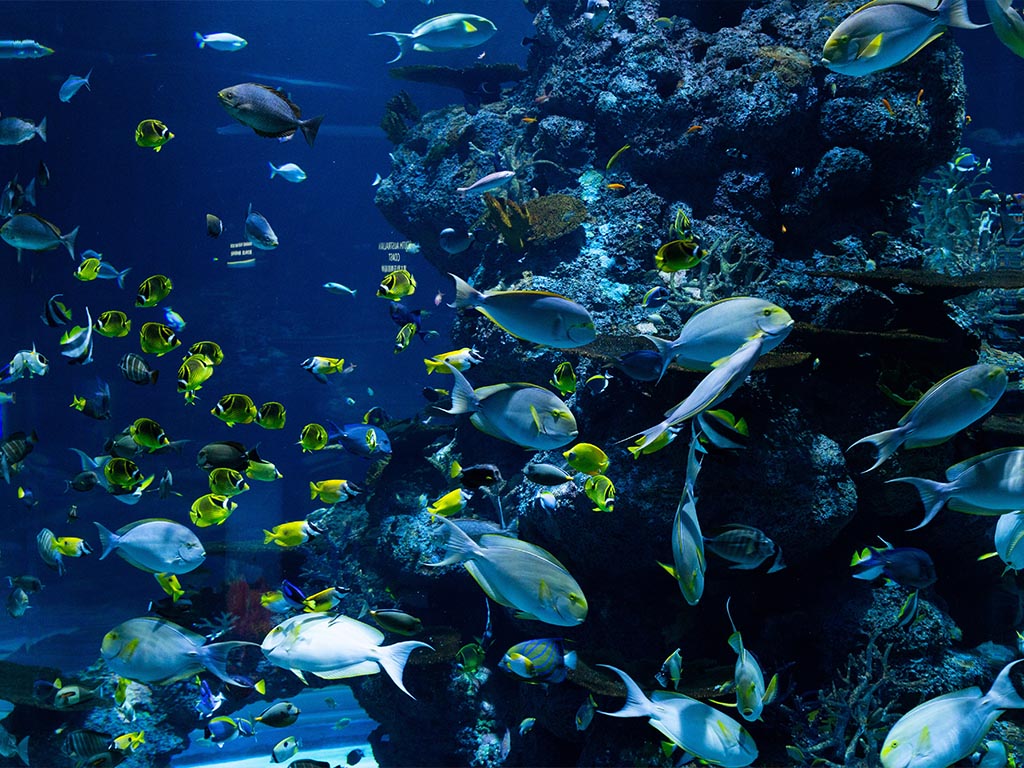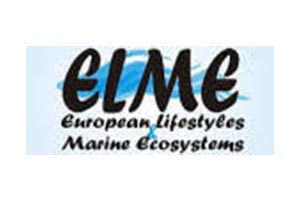
Abstract del progetto
Marine ecosystems posses great intrinsic value as reserves of biological diversity and are vital providers of goods and services to humanity. However, they are often disregarded during economic and social development. Europe’s four sea areas; the Baltic, NE Atlantic, Mediterranean and Black Sea have each paid a heavy price for unsustainable development within their catchments and sea areas. Their ecosystems have suffered to differing degrees from eutrophication, chemical pollution, unsustainable fisheries and physical destruction of habitats. This damage is closely connected with human lifestyles throughout the continent. The future integrity of marine systems depends on our approach to European development in the coming decades.

Current interdisciplinary knowledge linking lifestyles with their marine environmental consequences is widely dispersed. ELME brings together a necessarily large consortium, covering all relevant disciplines and regions. It integrates existing knowledge of environmental state changes, sectoral pressures and social and economic drivers using a common conceptual model. It will select contextual indicators for each causal level and model the relationships between them. These models will be applied to plausible development scenarios with particular focus on the accession process, to explore possible consequences for the stated four marine ecosystems. Results will be diffused to all relevant stakeholders.
Through improved understanding of the relationship between European lifestyles and the state of marine ecosystems, ELME will model the consequences of alternative scenarios for human development in post-accession Europe on the marine environment.
ELME is designed to provide the best available scientific information for predicting the likely impacts of major economic, social and institutional changes within Europe on marine ecosystems. The health of marine ecosystems represents an ‘end indicator’ of human environmental impacts and of our ability to achieve sustainable development.
Achievement of the overall objective requires a highly multidisciplinary approach integrating relevant information on:
the current major state changes affecting Europe’s marine ecosystems in four major sea areas;
the pressures (anthropogenic and from natural variability) on the environment producing these state changes;
the underlying social and economic drivers that lead to these pressures;
the plausible scenarios for social and economic change across Europe during the next two decades.
The interrelationship between these factors, the social and economic impacts of state change and effective policy responses have been summarised in the conceptual Drivers-Pressures-State-Impacts-Response (DPSIR) model, first employed for policy analysis by the OECD. ELME will examine the current DPS relationships and then use this information to model the consequences of plausible macroeconomic and major policy options in the expanded European Union.
ELME does not set out to examine detailed cause/effect relationships at a local level, though the research may establish a mechanism and expertise for more detailed and complex subsequent research. The necessarily broad overall objective of ELME is one of its most important features but also constitutes a major challenge for multidisciplinary science. The present proposal brings together a large number of institutions that each offers a unique piece of the research ‘jig-saw puzzle’ that must be completed.
Overall co-ordination, modelling and GIS support (WP-1)
Habitats and Species Destruction (WP2)
Eutrophication (WP3)
Chemical Pollution (WP4)
Unsustainable Extraction of Living Resources (WP5)
Social and Economic Drivers (WP6)
The work of the five thematic teams will be closely interrelated. Thematic Team 1 will focus on gathering information on loss of habitat (one of the most critical factors determining marine ecosystem resilience) and on study of the human pressures causing direct destruction. It is appreciated that habitats and associated species are lost because of multiple factors and TT1 will need to take into account the work of TTs 2-3. The most important aspect of their work however, will be to record the extent of habitat destruction in the four regional seas areas and then to examine the most likely primary causes.
Thematic Teams 2, 3 and 4 will examine the other three key phenomena that lead to habitat and species loss, eutrophication, chemical pollution (other than nutrients) and the unsustainable exploitation of living resources. The teams will assess the extent of the problem and evidence for resultant state changes and will also examine the link between sectoral pressures and the phenomena themselves.
Thematic Team 5, will examine the drivers (social and economic) that lead to the causative sectoral pressures identified by the other TTs. Initially, this work will focus on examining key social and economic trends and will then link this up with the work on pressures. TT5 will also examine future trends for the key drivers and participate in the design of the modelling process.
The co-ordinating team (and core team) will constitute WP1 and will ensure integration of the project components. They will also have a specific role in developing modelling tools and ensuring overall GIS and web-site support.
• University of Plymouth, Marine Biology & Ecology Research Group (UP-MBERG), UK
• Institute for Estuarine & Coastal Studies (IVM), Vrije Universiteit, The Netherlands
• Centre for Environment, Fisheries and Aquaculture Science (CEFAS), UK
• Departamento de Fundamentos del Análisis Económico (DFAEI), University Basque Country, Spain
• Institute for European Environmental Policy (IEEP), UK and Belgium
• Alfred Wegener Institute for Polar and Marine Research (AWI), Germany
• Analytical and Environmental Group, University of Averio (UoA), Portugal
• Coastal Research and Planning Institute (CORPI), Klaipeda University, Lithuania
• Consejo Superior Investigaciones Cientificas (CSIC), Spain
• Department of Arts and Heritage, University of Lecce (UNILE), Italy
• Department of Chemical Processes Engineering, University of Padova (LASA), Italy
• Department of Social Anthropology, University of Bergen (UB-DSA), Norway
• Department of Systems Ecology, Stockholm University (SESU), Sweden
• Finnish Environmental Institute (SYKE), Finland
• Gdansk University of Technology (TUG), Poland
• Institute for Atmospheric Pollution of the Italian Research Council (CNR-IIA), Italy
• Institute for Baltic Research – Warnemuende (IOW), Germany
• Institute of Estuarine and Coastal Studies (IECS), University of Hull, UK
• Institute of Marine Biology of Crete (IMBC), Greece
• Institute of Oceanology, Bulgarian Academy of Sciences (IO-BAS), Bulgaria
• Institute of Oceanology Polish Academy of Sciences (IO-PAS), Poland
• Instituto Tecnológico Pesquero y Alimentario (AZTI), Portugal
• Marine Biological Association on the UK (MBA), UK
• National Research Institute for Marine Research and Development (NIMRD), Romania
• Nottingham Law School (NLS), UK
• Sea Fisheries Institute (SFI), Poland
• University of Bath (UoB), UK
Nicola Pirrone
Andrea Algieri
Sergio Cinnirella
Gabriella Trombino
